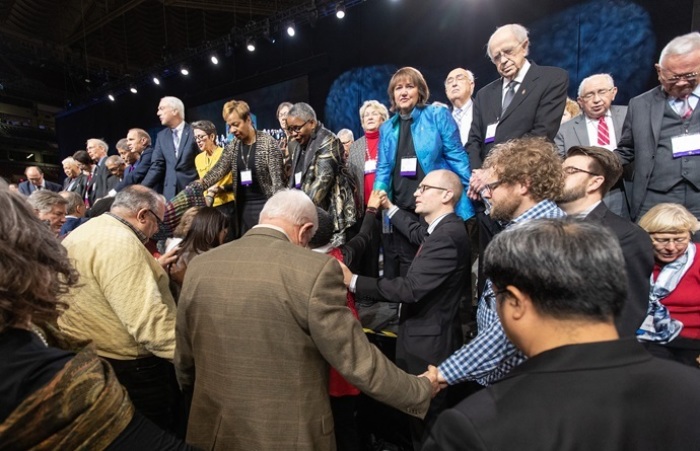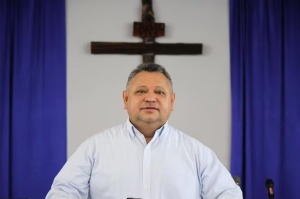Over 30 North Carolina churches demand UMC allow them to leave denomination

More than 30 congregations based in North Carolina have threatened legal action so they can leave the United Methodist Church, claiming that the disaffiliation process is unfair to them.
The Wesleyan Covenant Association, a theologically conservative network, announced earlier this month that over 40 churches in the Western North Carolina Conference are overseeing "pre-suit negotiation requests."
The announcement comes as scores of theologically conservative congregations nationwide have left the second-largest Protestant denomination in the United States amid ongoing debate over the UMC's longstanding opposition to homosexuality and same-sex marriage.
According to WCA, the Western North Carolina Conference "sent a legal demand to the United Methodist leadership in an effort to provide an exit for their churches wanting to leave the United Methodist denomination."
The head of the UMC Western North Carolina Conference is Bishop Ken Carter, who also oversees the Florida Annual Conference. In May, 106 churches in the Florida Annual Conference filed a lawsuit against the UMC regional body, claiming that the disaffiliation process placed unfair demands on those seeking to leave.
WCA Florida President Jeremy Rebman was quoted in the announcement saying that it's "another sad day for the United Methodist denomination."
"Members in the churches in both conferences, under the helm of Bishop Carter, had hoped and prayed that Bishop Carter would see his way … to negotiate a fair and equitable exit for traditional churches," Rebman stated.
Rebman claimed that Carter had previously signed the "Protocol of Reconciliation and Grace through Separation," a plan announced in January 2020 that, if enacted, would have given $25 million to conservative UMC members to form their own Methodist denomination.
Carter released a letter to the Western North Carolina Conference, noting that he became aware of 31 churches seeking to leave the regional body.
Carter said he is "deeply grieved by this action" and argued that the conference already provides a "gracious exit" for congregations that want to disaffiliate from the UMC.
"We have been trying to engage these churches in that process, but they have refused to follow that approved disaffiliation path," wrote Carter.
"We ask that, despite their haste, these groups seeking to break away live up to the responsibilities established by the General Conference in 2019, and that they not cause pain, damage, or disparage other United Methodist churches, other members in their churches, or other pastors, or the Conference."
Carter warned that "an abrupt separation creates significant issues that could damage benefits and pensions for retired pastors and their spouses who devoted their lives to service."
"In all this, our overarching goal is to move through this process in a spirit where we can support, bless and love each other," he added. "A tenet of our faith is that we embrace a Church built in loving relationships rather than uniformity in thought and action."
In May, the Global Methodist Church, a conservative alternative to the UMC, was officially launched. Since then, several UMC congregations have joined the new denomination.
GMC organizers initially intended to wait until the next UMC General Conference to depart, expecting the denomination to pass the Protocol.
But when General Conference organizers announced that the gathering would be delayed until 2024, the GMC leaders went ahead and launched the new denomination.





























